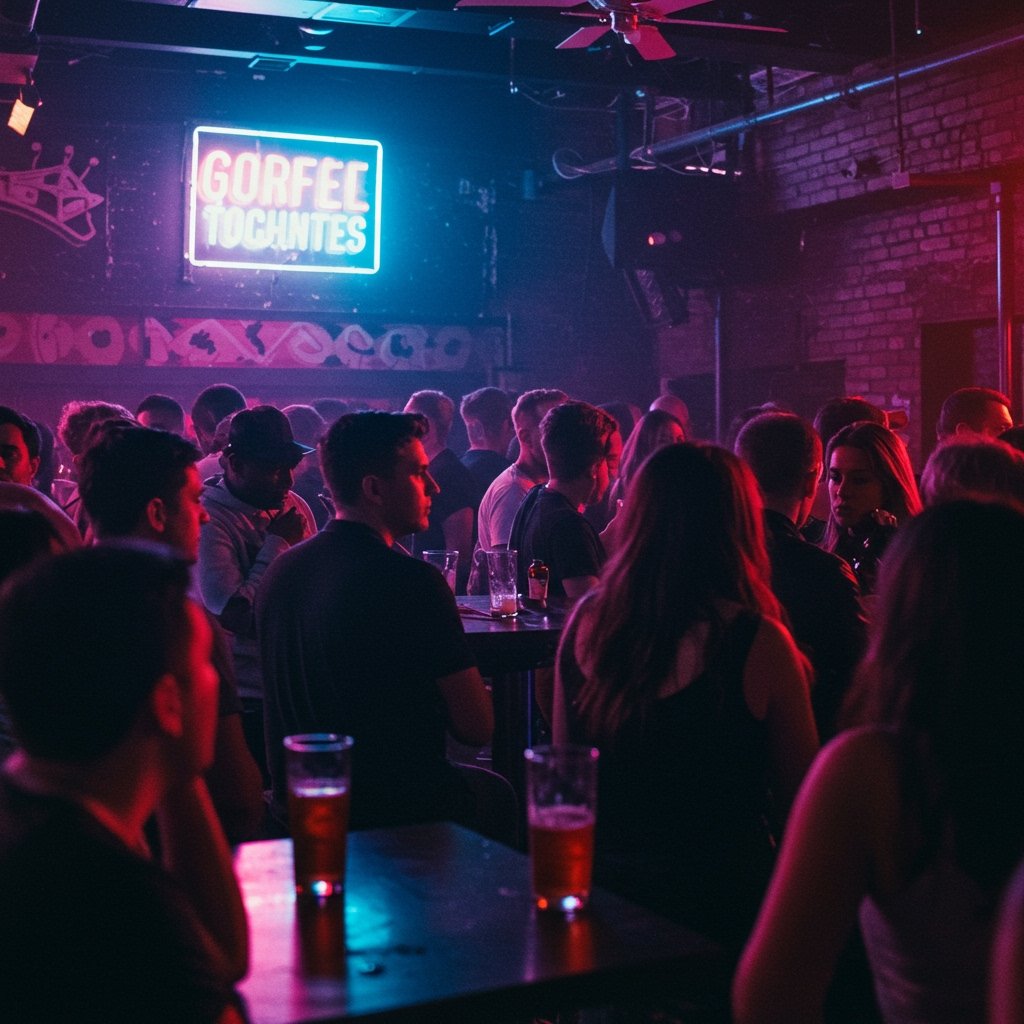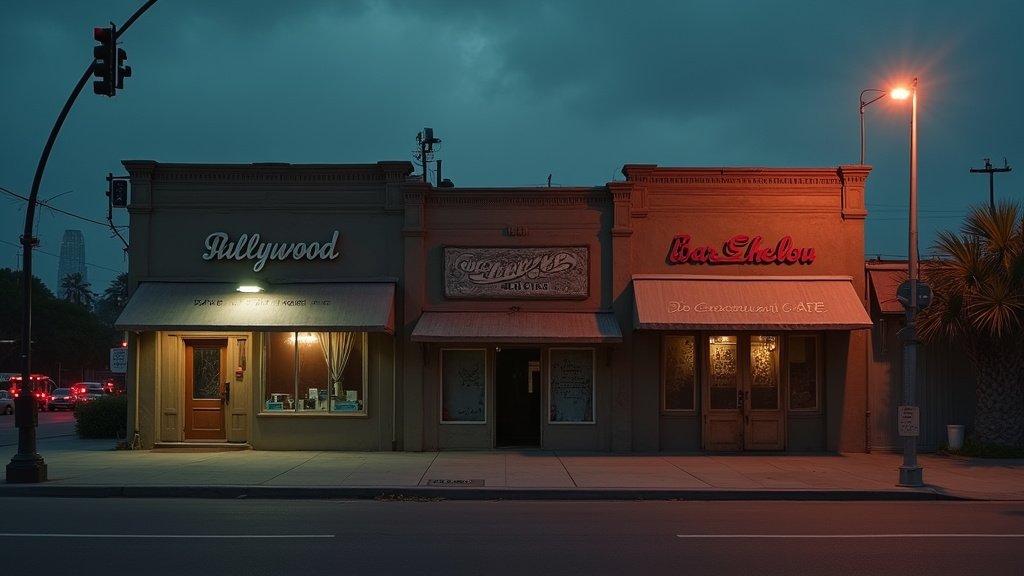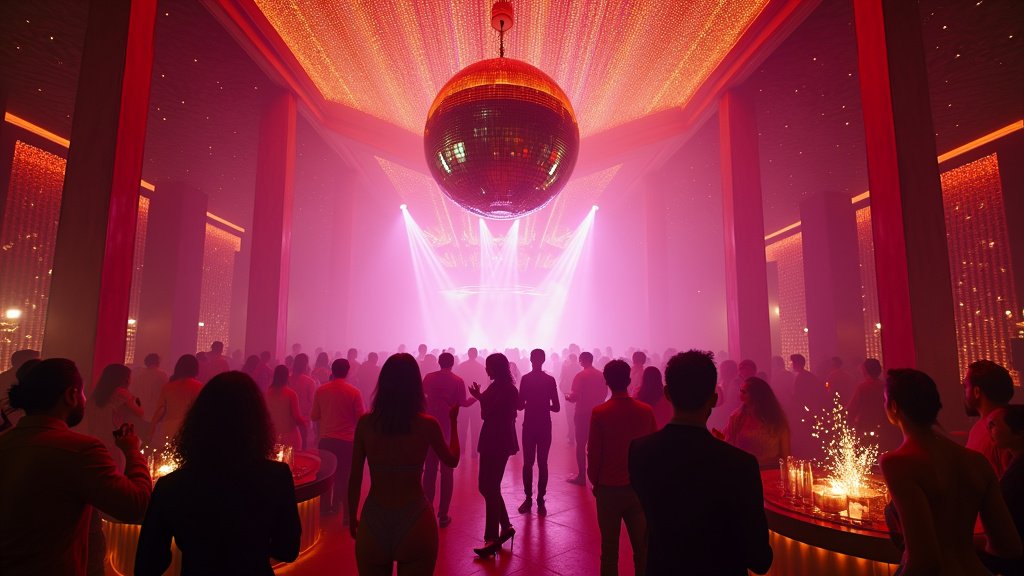LOS ANGELES – Public health authorities in Los Angeles County are significantly escalating their oversight of the region’s extensive bar and nightlife sector, introducing stricter, unannounced health inspection protocols. The move, announced by county officials, follows a discernible rise in observed health code violations during recent spot checks across various venues.
The increased scrutiny necessitates a fundamental reassessment of operational procedures and hygiene standards by bar owners and managers throughout the county. Facing potential fines and even temporary closures, establishments are reportedly scrambling to enhance staff training and update protocols to meet the more stringent requirements.
Understanding the Shift in Oversight
The previous inspection regime, while mandatory, is being superseded by a more rigorous and less predictable system. County health officials have indicated that the decision to intensify inspections stems directly from findings gathered during targeted, unannounced visits conducted over recent months. These checks apparently revealed a concerning pattern of non-compliance with established health and safety regulations.
While the specific types of violations cited in the aggregate ‘rise’ have not been detailed publicly, they typically pertain to critical areas such as food handling and storage, sanitation practices, pest control, and employee hygiene training. For nightlife venues, which often involve complex operations including beverage preparation, potential food service, and high-traffic environments, maintaining impeccable standards is paramount to public health.
The key change lies not just in the frequency or depth of inspections, but critically, in their unannounced nature. This eliminates the possibility of venues making last-minute adjustments in anticipation of a scheduled visit, requiring consistent, day-to-day adherence to the highest standards. Officials argue that this approach provides a more accurate snapshot of a venue’s typical operating conditions and its ongoing commitment to public safety.
The Impact on Bar Operators
The immediate consequence for bar owners across Los Angeles is the imperative to adapt rapidly. The informal grace period, if any existed under previous protocols, has evaporated. Operators are now under pressure to ensure their premises and staff are in perpetual readiness for an official health inspection at any given moment.
This necessitates a significant investment in internal controls. Bar owners interviewed anonymously spoke of reviewing and often overhauling existing operational guidelines. This includes everything from stricter routines for cleaning and sanitizing surfaces, glassware, and equipment to ensuring proper temperature control for any perishable items on site.
Furthermore, there is a renewed emphasis on staff training. Employees, from bartenders and servers to kitchen staff (where applicable) and bussers, must be thoroughly versed in hygiene best practices and health code requirements. This includes proper handwashing techniques, recognizing and reporting signs of illness, and understanding the critical control points within their daily tasks that could impact public health.
Industry associations are advising members to conduct internal audits and potentially hire external consultants to ensure compliance proactively. The cost associated with enhanced training programs, potential facility upgrades, and increased staffing levels to maintain cleanliness could add further financial strain on businesses still navigating the complex post-pandemic economic landscape.
Potential Consequences and Public Safety Goals
The stakes for non-compliance under this intensified regime are significant. Health inspectors have the authority to issue fines for violations, ranging in severity depending on the nature of the infraction. More critical or persistent violations can lead to temporary closures, a devastating outcome for businesses reliant on consistent foot traffic and operational hours.
The stated objective of the Los Angeles County Public Health Department is to safeguard the health and safety of the public. Nightlife venues, by their nature, often involve close proximity among patrons and staff, making adherence to rigorous health standards crucial in preventing the spread of illness. Officials maintain that while the new measures pose challenges for businesses, they are a necessary step to ensure patrons can visit bars and clubs with confidence in their safety.
Balancing public health imperatives with the operational realities and economic viability of the vibrant Los Angeles nightlife scene presents a complex challenge. However, county officials appear resolute in their implementation of these stricter controls, signaling a new era of heightened accountability for health and hygiene standards in the county’s bars and nightlife establishments. The long-term effects on the industry will likely involve both adaptation and potentially increased operational costs, ultimately aimed at fostering a safer environment for all. environment for patrons and workers alike.





